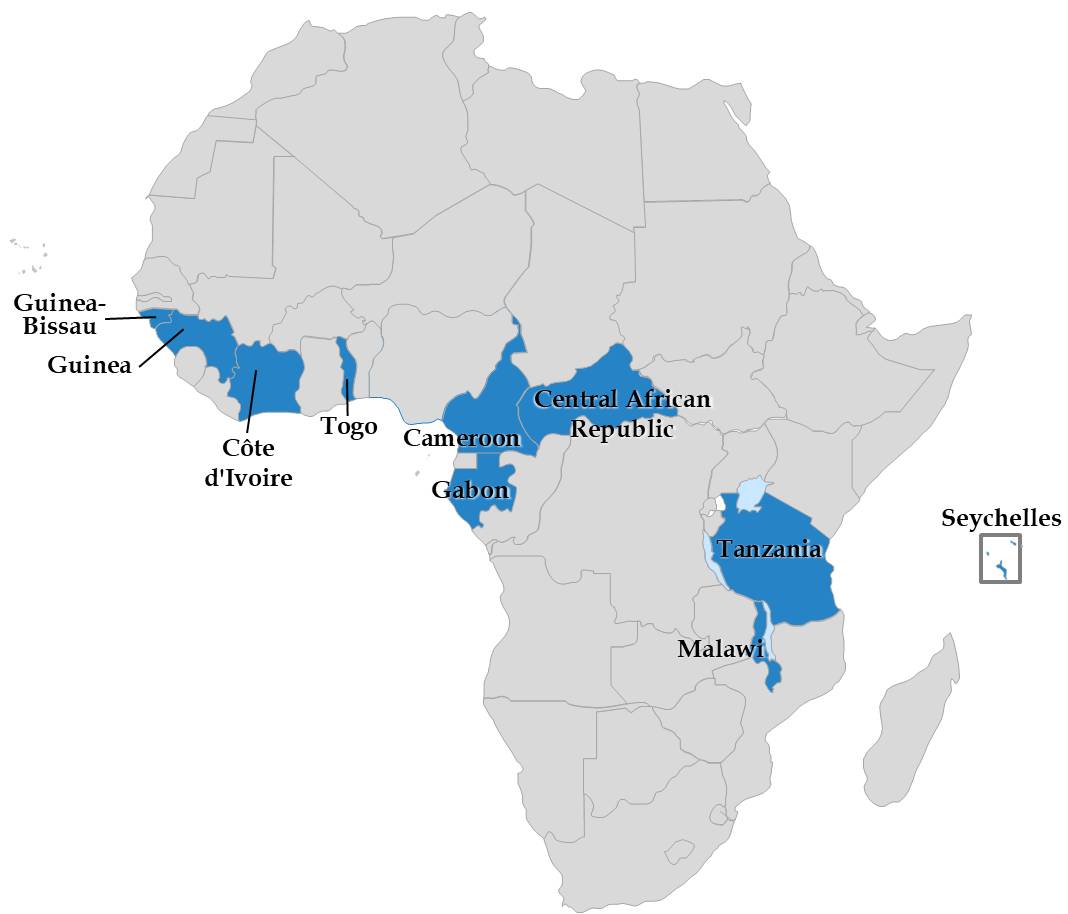Blog
Inside Cameroon’s Refinery: Desperation, Systemic Failure, And An Unprecedented Election
Cameroon’s $5.4 billion refinery project sparks debate over debt, governance, and the 2025 elections.
A Billion-Dollar Promise Amid a Mounting Debt
Few weeks ago, the Cameroonian government announced a bold plan- the construction of a $5.4 billion refinery capable of producing 2 million barrels of crude oil per day. The project is positioned as a long-awaited solution to Cameroon’s energy challenges. It is expected to boost domestic supply and reduce dependency on imported fuel.
But beneath the celebration lies a darker truth. This move pushes Cameroon’s national debt to 4 trillion CFA francs, a figure that exceeds its annual budget. While the project seems like a step toward industrial transformation, it also exposes the country’s growing economic desperation and deep-seated systemic failures.
Why the Refinery — and Why Now?
Since the 2019 fire that crippled SONARA, Cameroon’s only state-owned refinery, the nation has relied heavily on fuel imports. This dependence has led to fuel scarcity, price hikes, and public frustration.
The government’s argument is clear — the refinery will restore energy independence, create jobs, and attract investment. However, the timing raises doubt. Announcing such a massive infrastructure project barely a year before the 2025 presidential election suggests more than economic planning; it hints at political strategy.
The refinery has become a symbol of hope for some and a smokescreen for others. It sends a message that the government is working — but whether it’s genuine reform or a last-minute campaign maneuver remains uncertain.
A Mirror of Systemic Failure
Cameroon’s problems go far beyond oil. The refinery saga reflects a nation struggling under the weight of systemic dysfunction.
For decades, constitutional rigidity, corruption, and bureaucratic inefficiency have eroded both governance and public confidence. Institutions meant to serve the people are weakened by patronage networks, while state-owned enterprises like SONARA are frequently mismanaged and underregulated.
Announcing large-scale projects without addressing these root problems only deepens the cracks. Instead of focusing on structural reforms, the government appears more concerned with optics and short-term political gains.
If the refinery follows the trajectory of past projects — poorly executed, debt-heavy, and opaque — it risks becoming yet another white elephant, a monument to misplaced priorities rather than progress.
The Refinery and the 2025 Election

As the 2025 presidential election approaches, the refinery’s unveiling has taken on unmistakably political undertones.
For a government battling public discontent, youth unemployment, and inflation, the refinery serves as a campaign trophy — tangible evidence of “development.” The narrative is powerful; a government that rebuilds, restores, and reindustrializes.
But critics call it a campaign ploy. Similar promises were made about SONARA’s revival, yet the results never materialized. This time, the promise of new jobs and economic revival targets a restless and educated youth population — a key voting bloc.
If managed transparently, the refinery could indeed stimulate local employment and regional energy stability. But if driven primarily by electoral interests, it may simply become a political refinery, designed to refine votes, not oil.
The Unresolved Anglophone Crisis
Meanwhile, the Anglophone crisis continues to haunt Cameroon. Years of conflict in the North-West and South-West regions have displaced thousands and deepened national divisions.
Critics argue that while the government pours billions into infrastructure, peacebuilding and reconciliation efforts remain neglected. For many, this contrast underscores misplaced priorities; the government can build refineries, but not trust.
Until the crisis is addressed, economic growth will remain fragile — because no refinery can refine instability.
Conclusion: Refining Oil or Refining Governance?
The refinery project is more than an economic decision; it’s a mirror reflecting Cameroon’s political and moral crossroads.
If executed with transparency and fiscal discipline, it could reposition Cameroon as an energy hub in Central Africa. But if pursued recklessly, it risks amplifying the same corruption, inefficiency, and political manipulation that have long undermined the nation.
As the country heads toward an unprecedented election in 2025, the refinery will test not only Cameroon’s technical capacity but its commitment to accountability.
The true question, therefore, is not whether Cameroon can build a refinery — but whether it can refine its governance enough to deliver real, lasting change.
Latest posts

The New Authoritarian Playbook: When Elections Cement Power, Not Change

The Year The Baobabs Fell: Saying Goodbye To African Giants In 2025
Inside Cameroon’s Refinery: Desperation, Systemic Failure, And An Unprecedented Election

West Africa Civic Tech Conference 2025: Advancing Democracy Through Innovation

Reformers Of Africa Celebrates World Book And Copyright Day